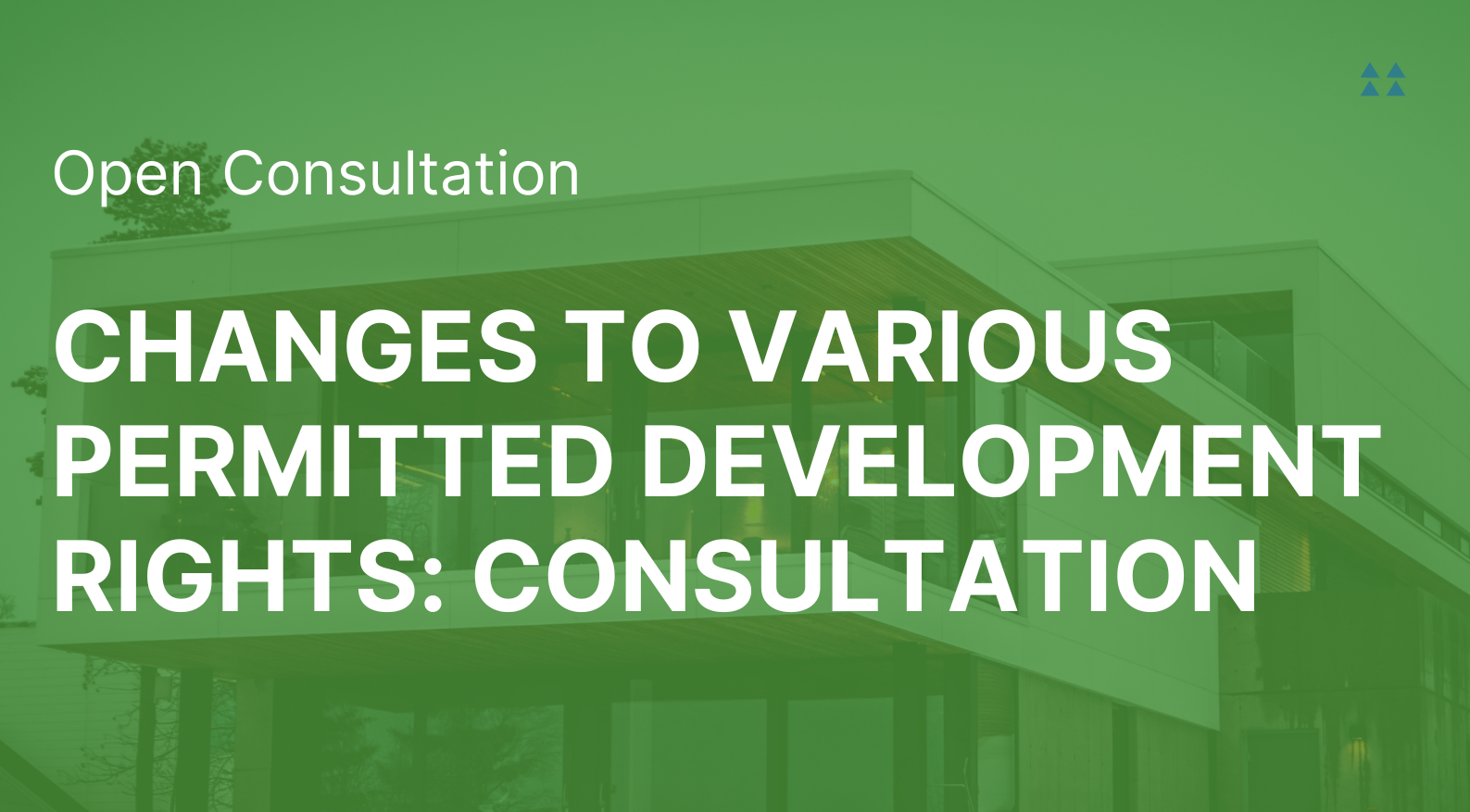
Recap: Inflation falls to lowest level in over two years
We’ll be closing this page soon, so here’s a quick summary of what we’ve learned this morning:
- UK inflation fell to 3.4% for the year to February – the lowest level in almost two and a half years
- But that doesn’t mean the cost of living is falling, it means that prices are rising less quickly than they were before
- The drop in inflation was helped by a decrease in food price inflation, along with soft drinks, restaurants and hotels, according to the Office for National Statistics
- But this has been partially offset by an uptick in petrol and diesel prices
- A number of economists have predicted that inflation is likely to hit the Bank of England’s (BoE) target of 2% this summer
- Chancellor Jeremy Hunt says this shows “the plan is working”, and it now “opens the door” for the BoE to consider bringing down interest rates
- But Labour’s Rachel Reeves says “prices are still high” and the country “cannot afford another five years” of a Conservative government
- UK inflation falls to 3.4% in the year to February – the lowest level in almost two and a half years
- The slower pace of food price rises helped push down inflation, along with soft drinks, restaurants and hotels, the Office for National Statistics said
- This effect was partially offset by petrol prices and rental costs
- Overall, the cost of living is not falling but prices are rising less quickly than they were previously
- Chancellor Jeremy Hunt says the “plan is working” but Labour’s Rachel Reeves calls for an election, saying “Britain cannot afford another five years” of a Conservative government
- Inflation was running at 4% in the year to January, the same as December’s rate
- Inflation peaked at 11.1% in October 2022 – the government pledged to halve the rate in 2023
- The Bank of England, which has a target rate of inflation of 2%, uses the latest figure when weighing up whether to raise or lower interest rates.
Original Post from bbc.com





 Samuel Lear, Associate,
Samuel Lear, Associate, 

